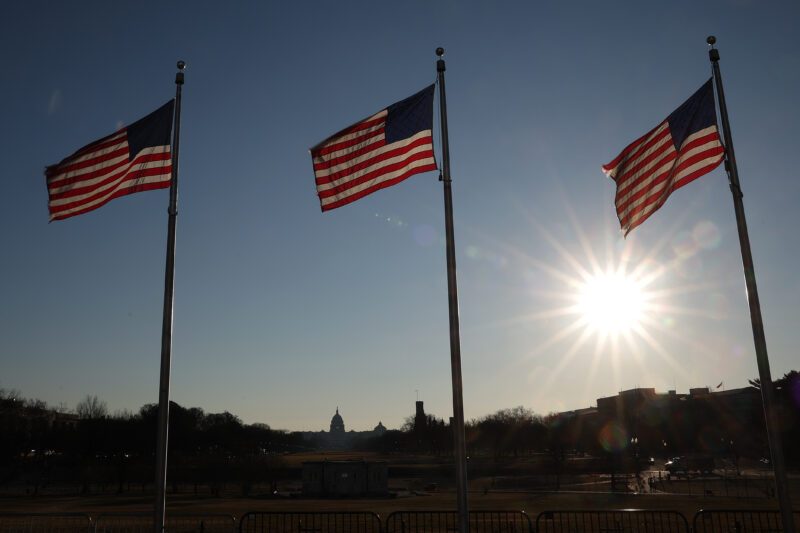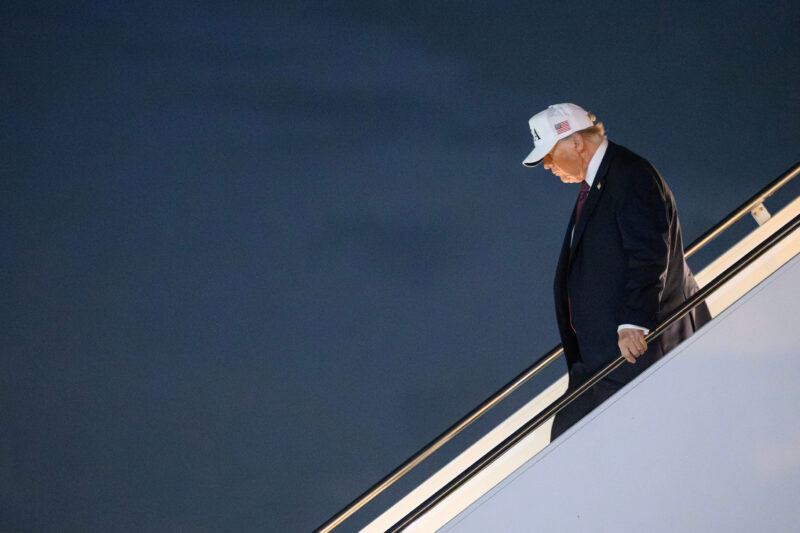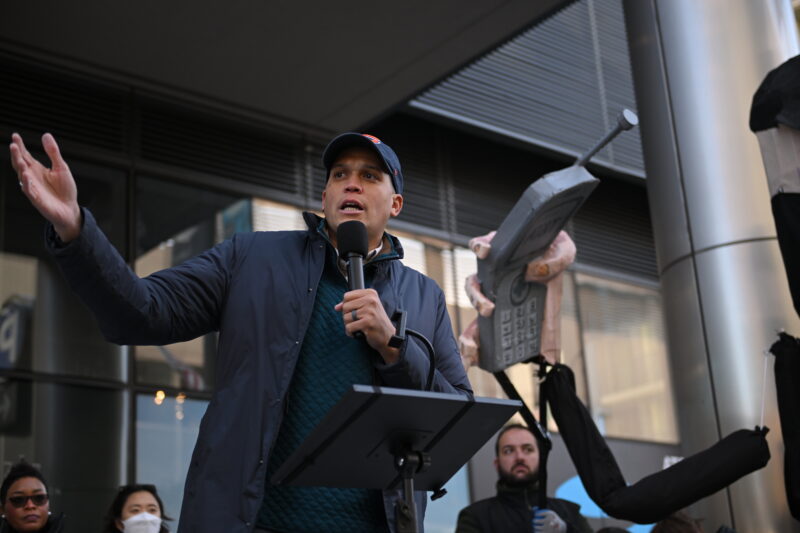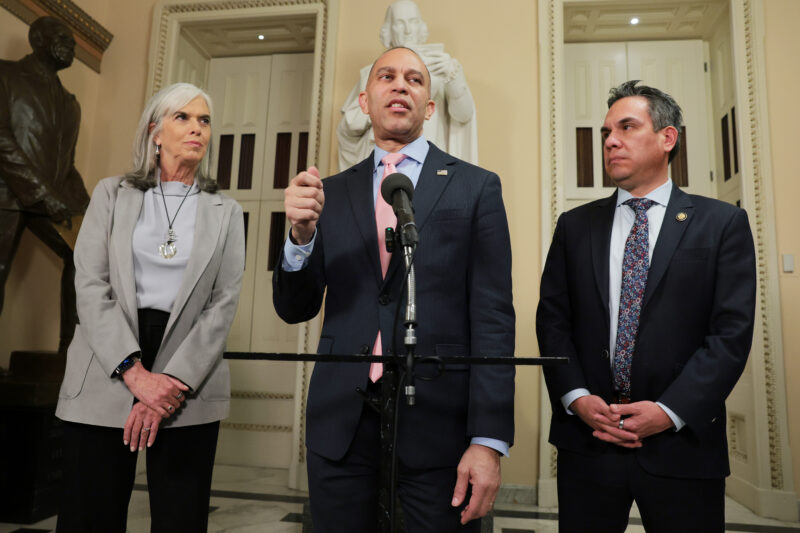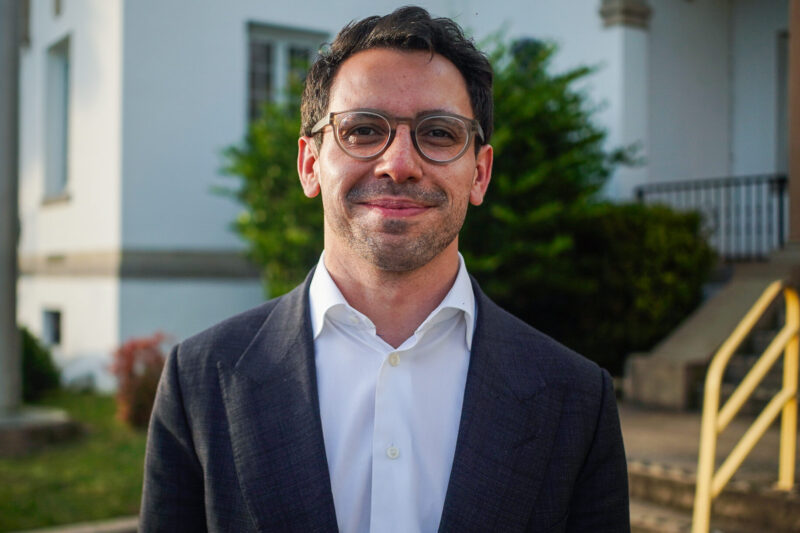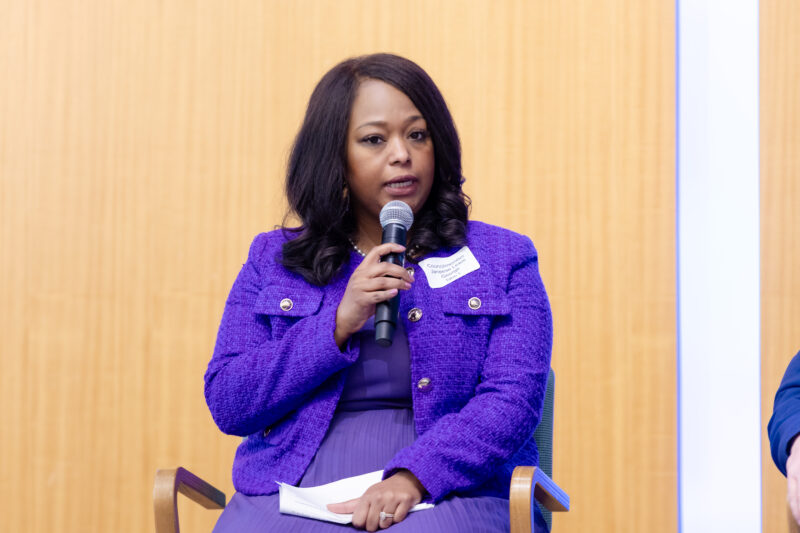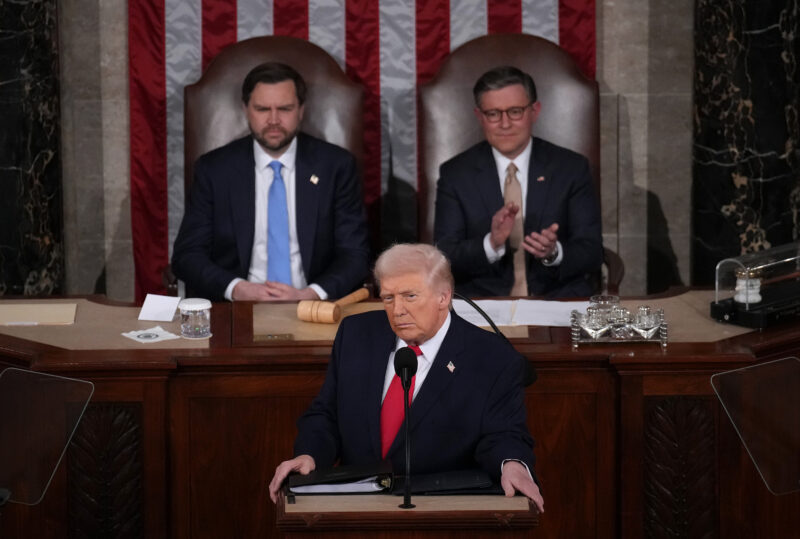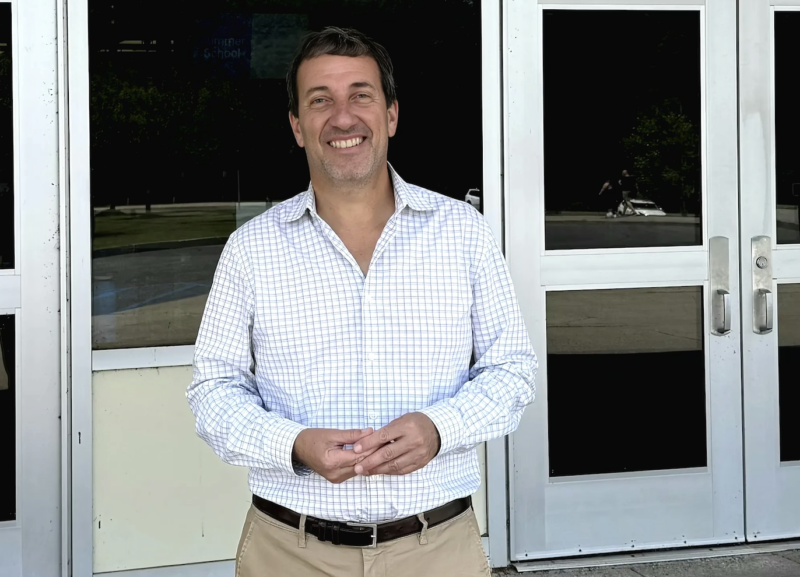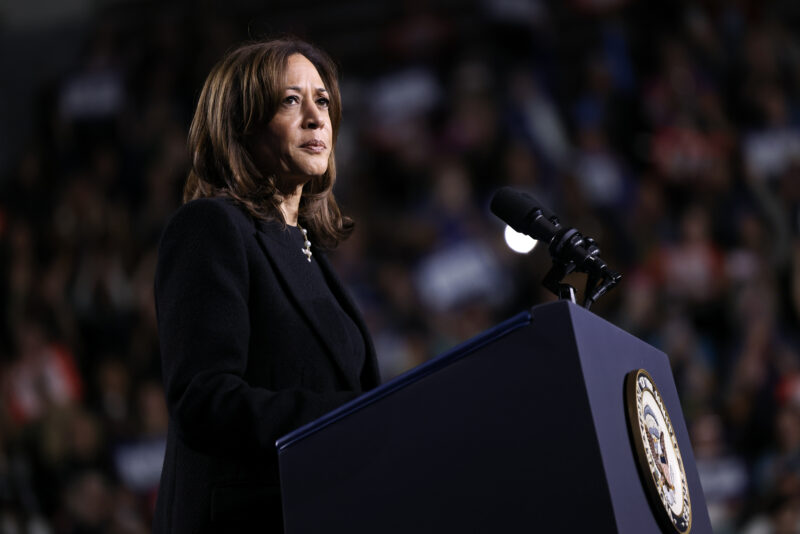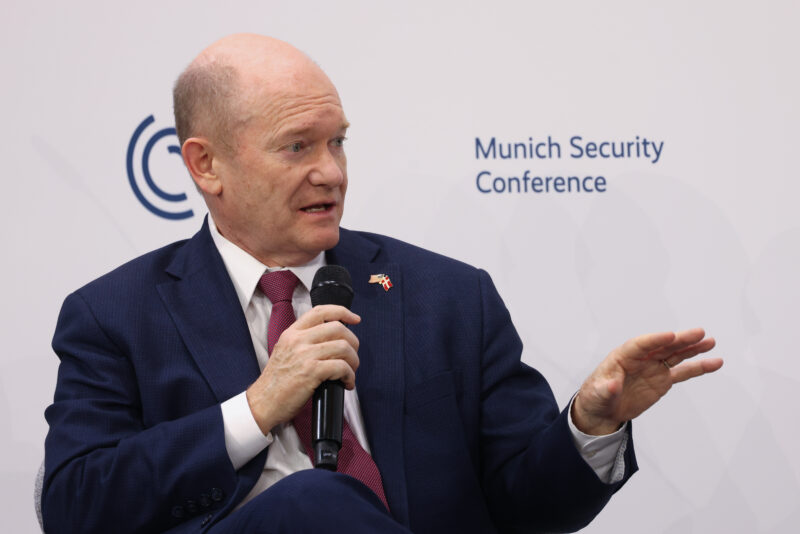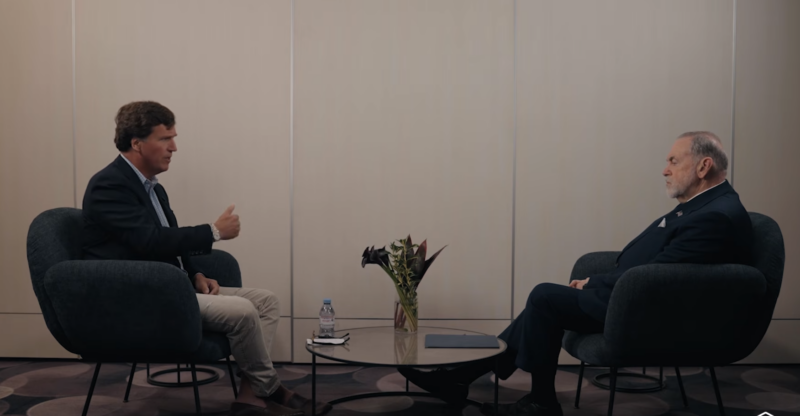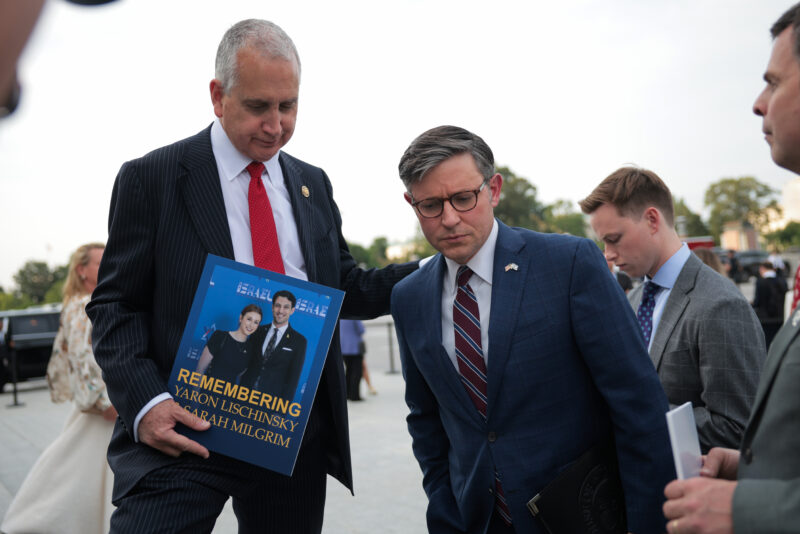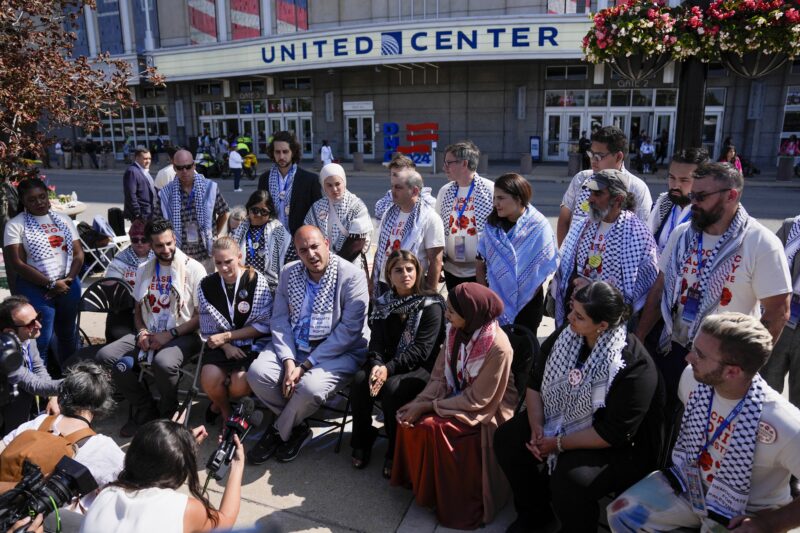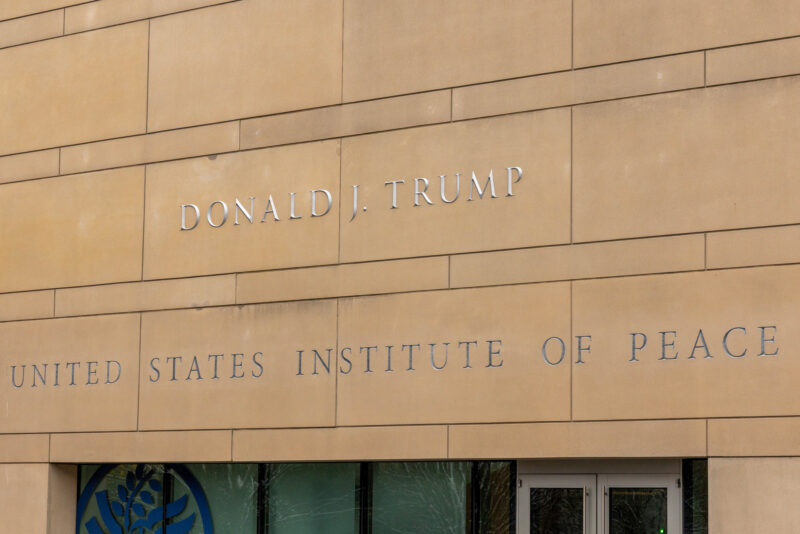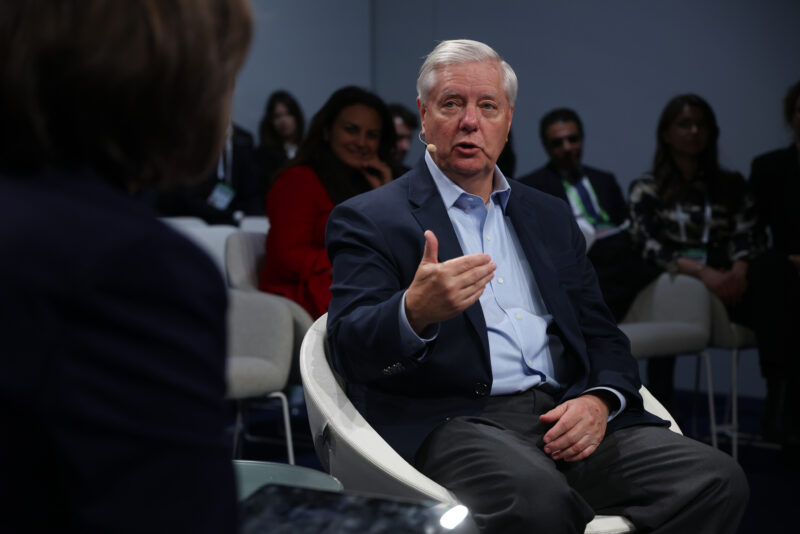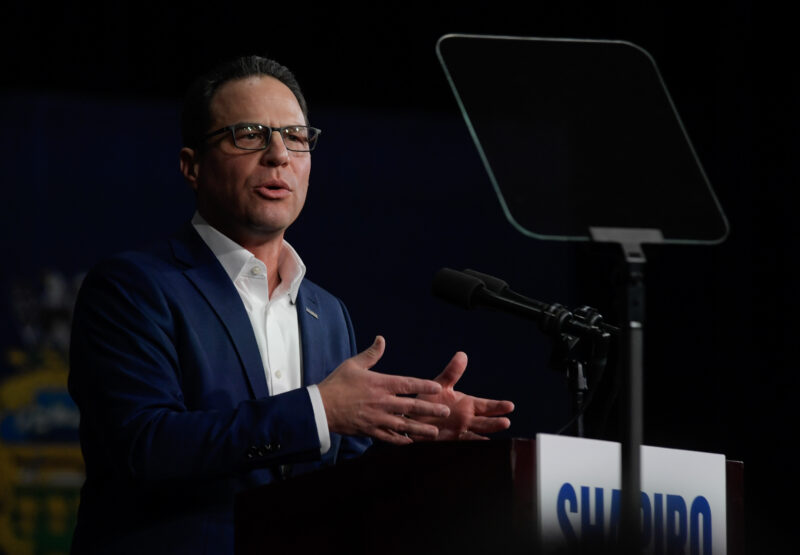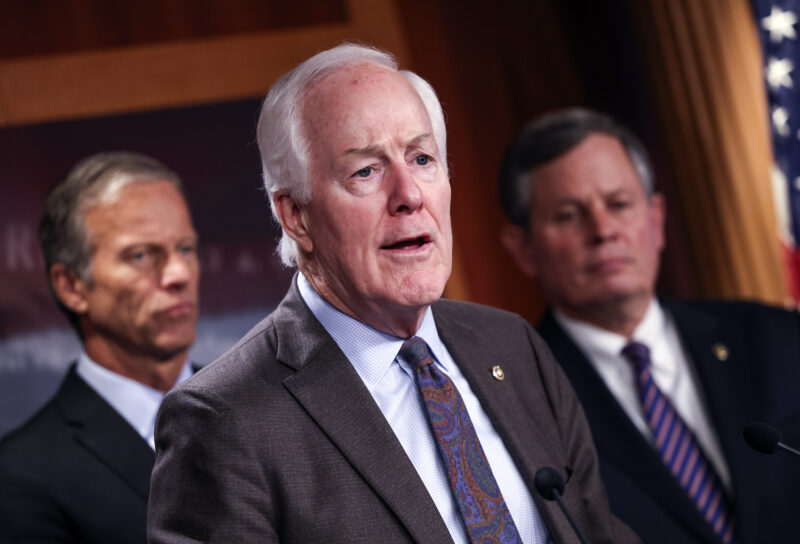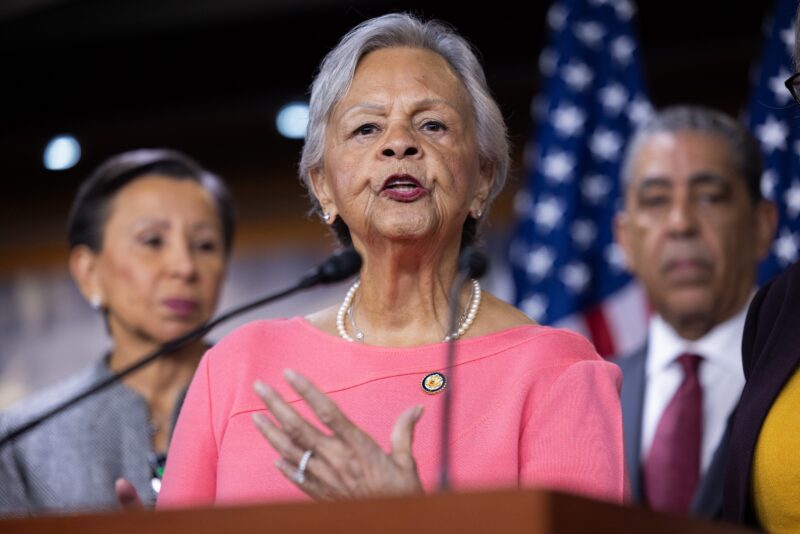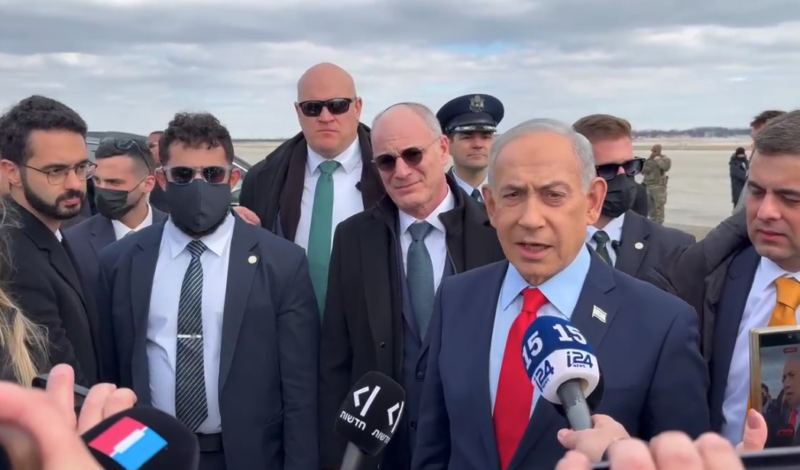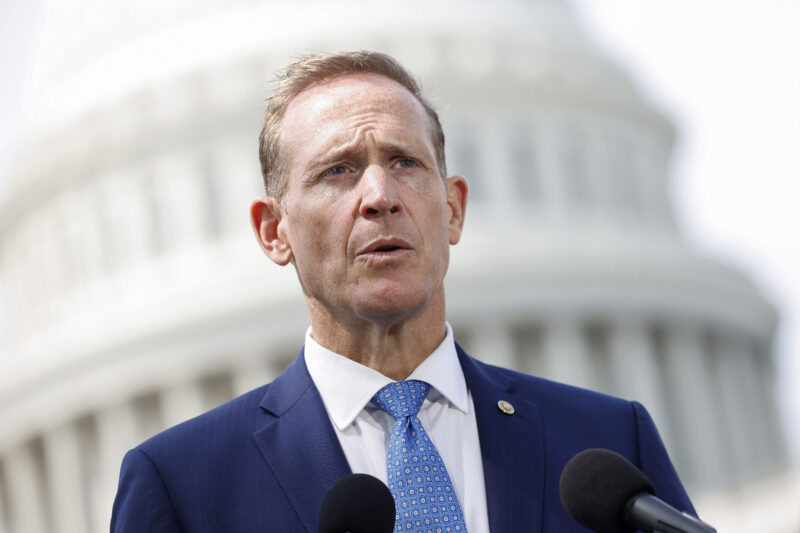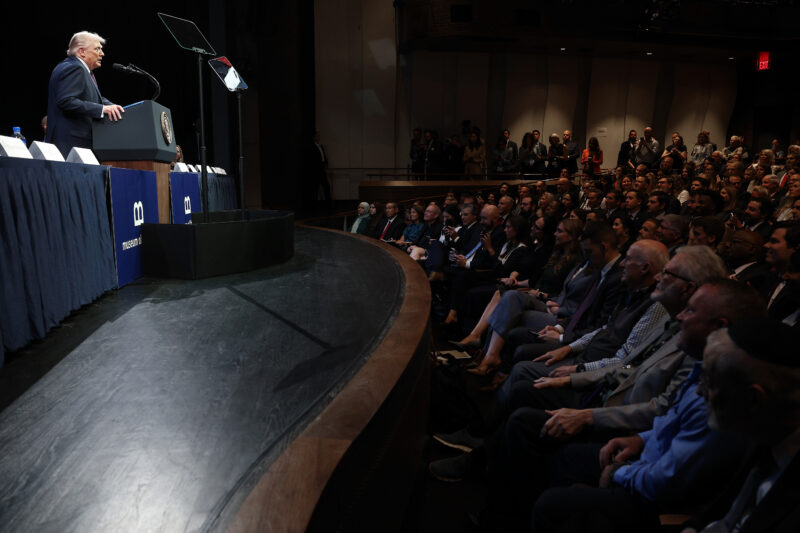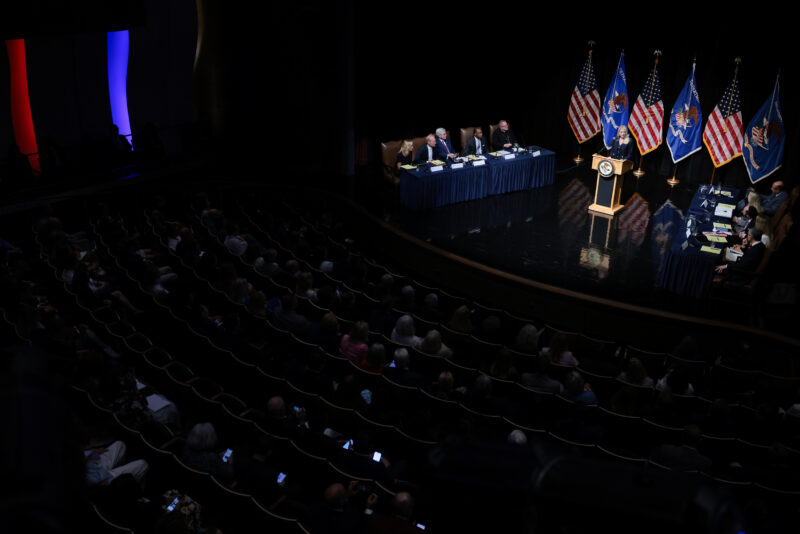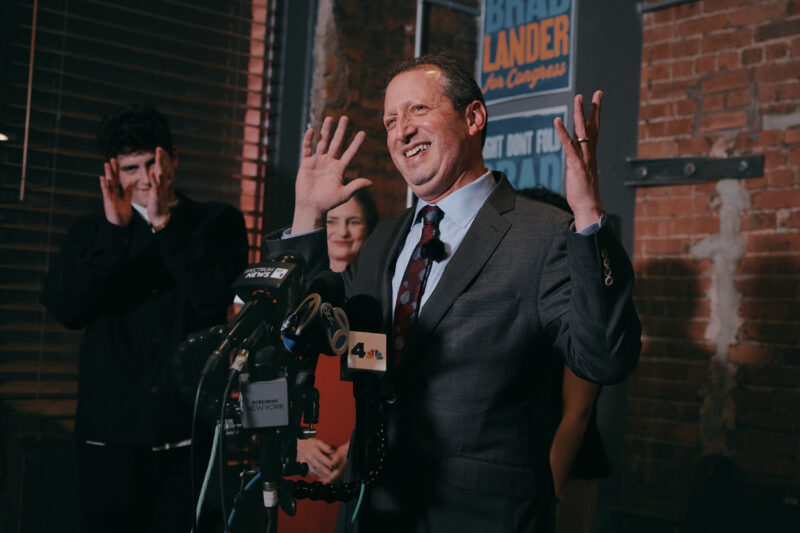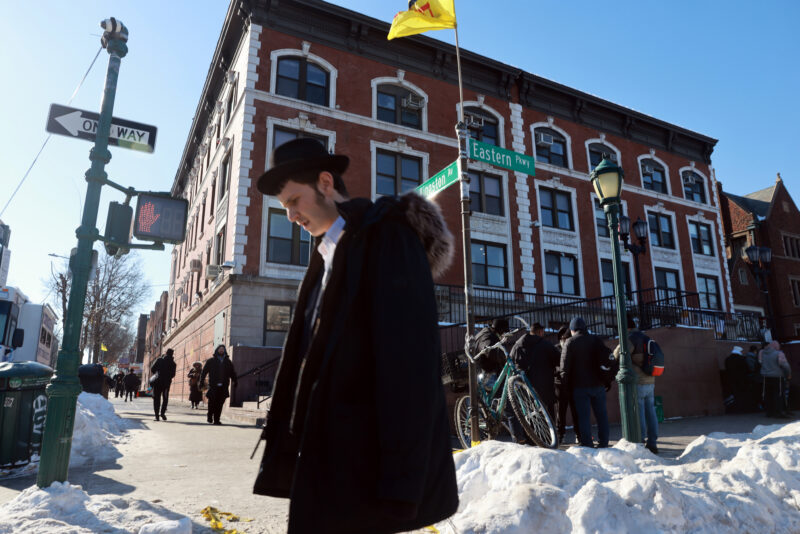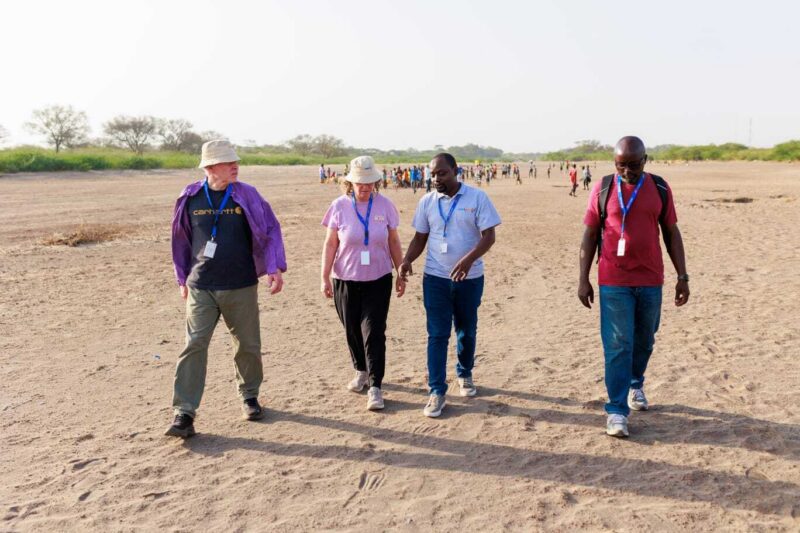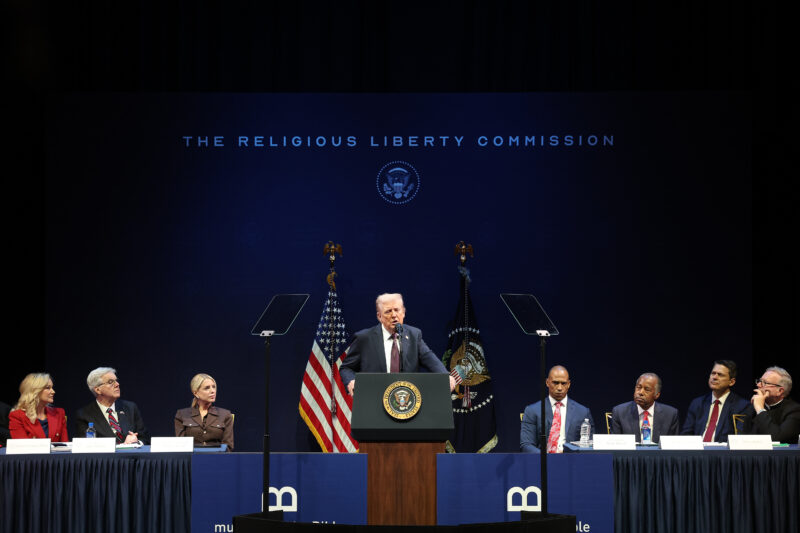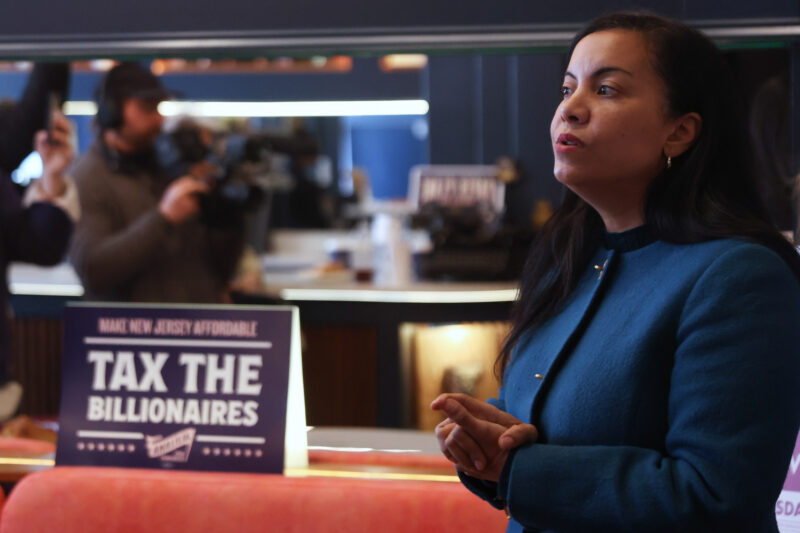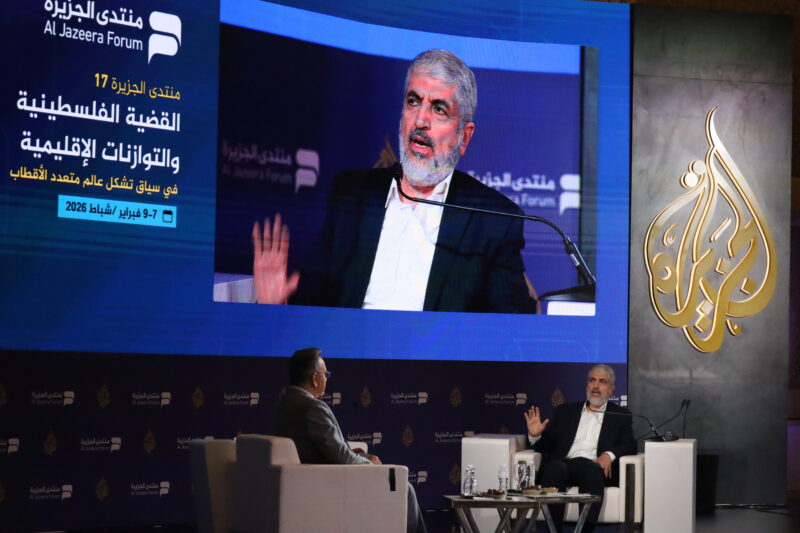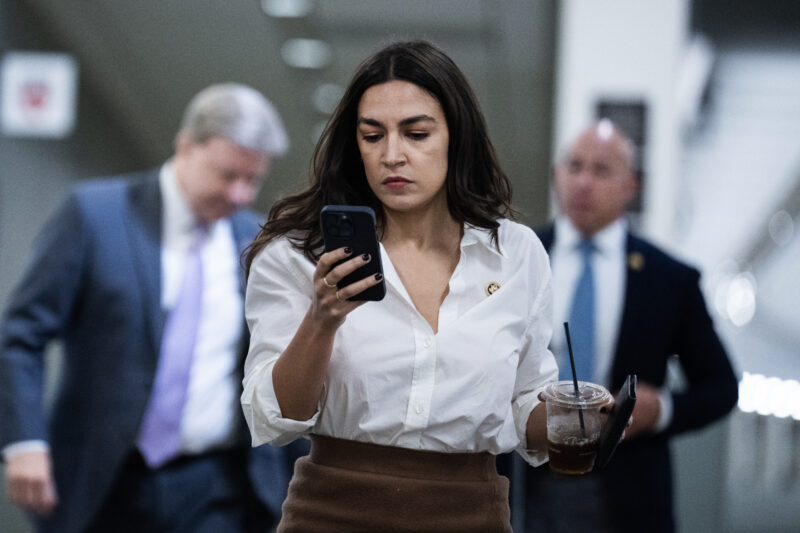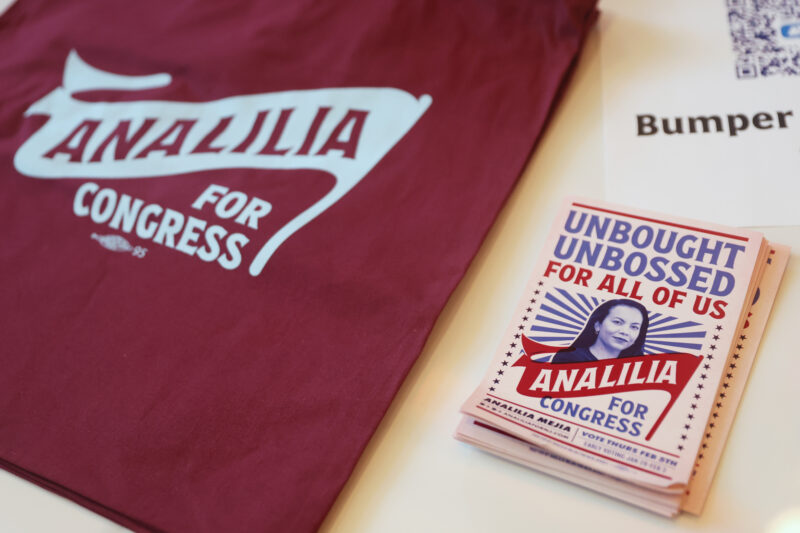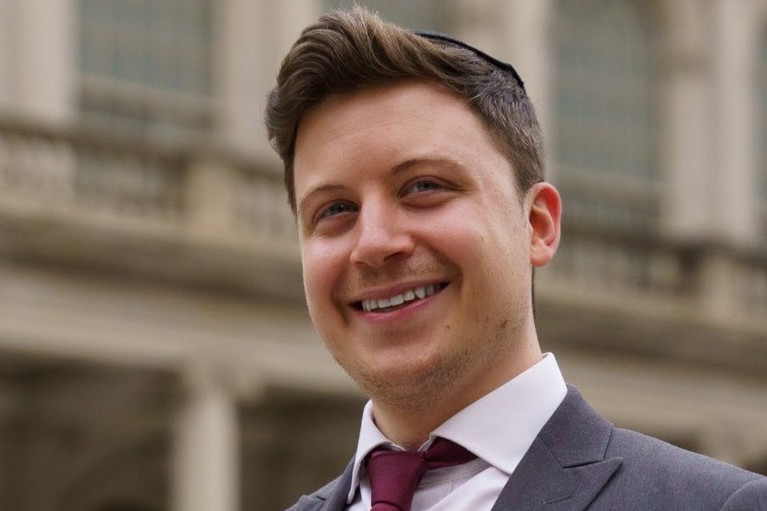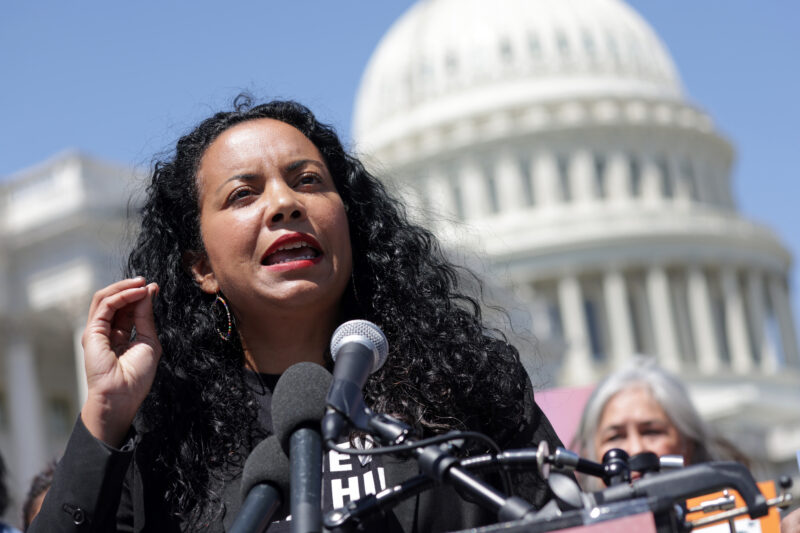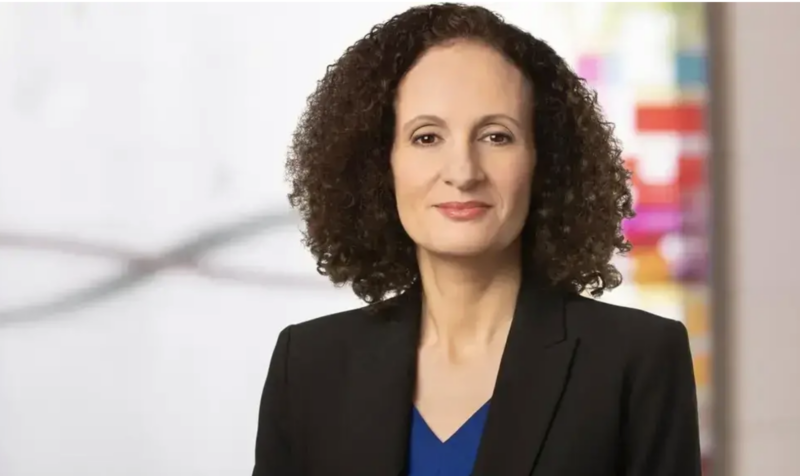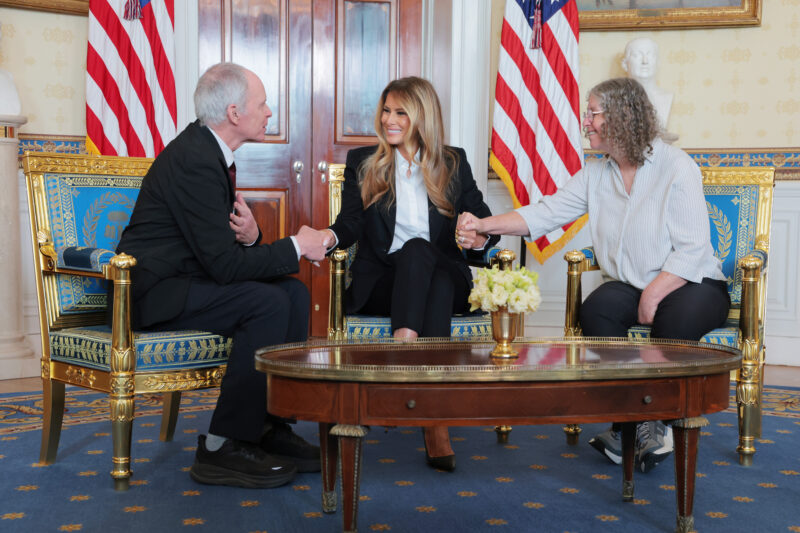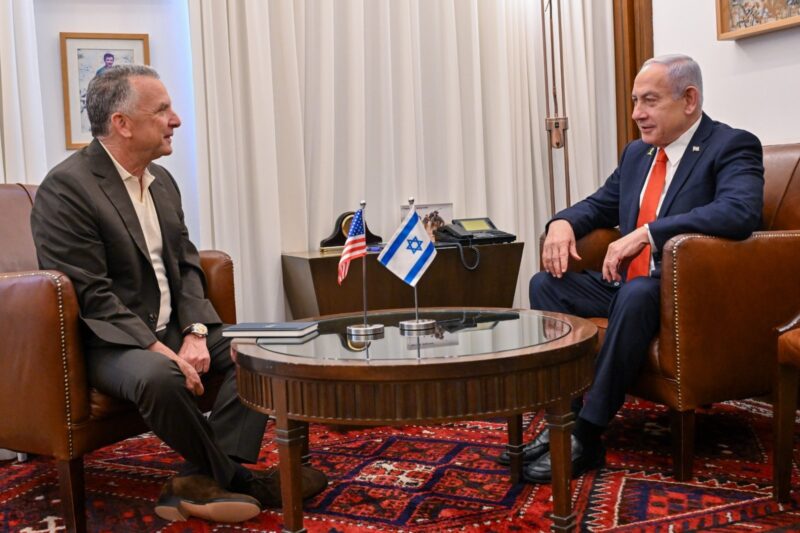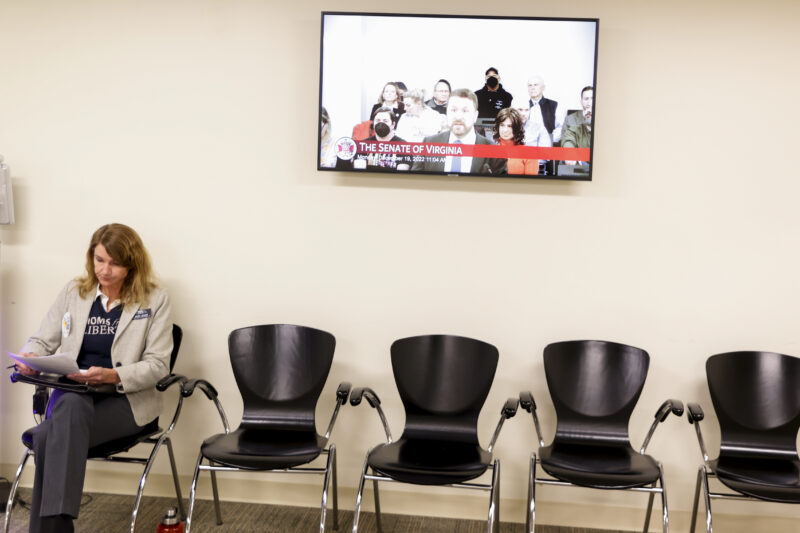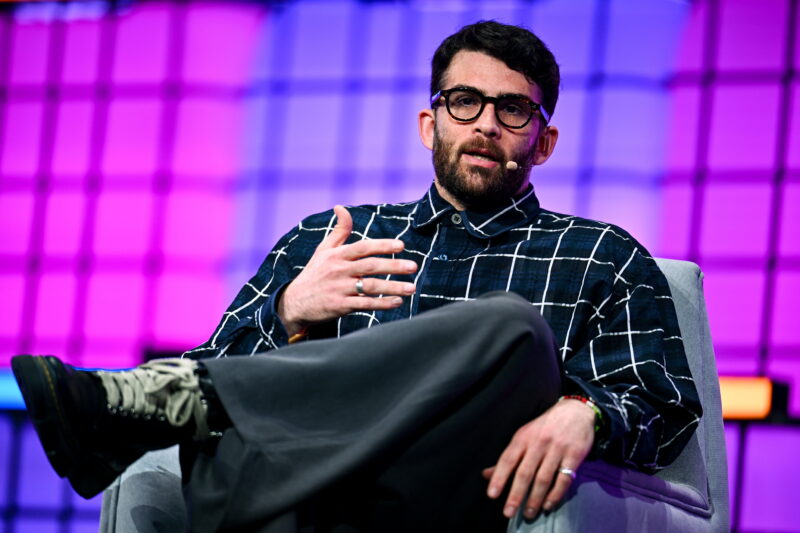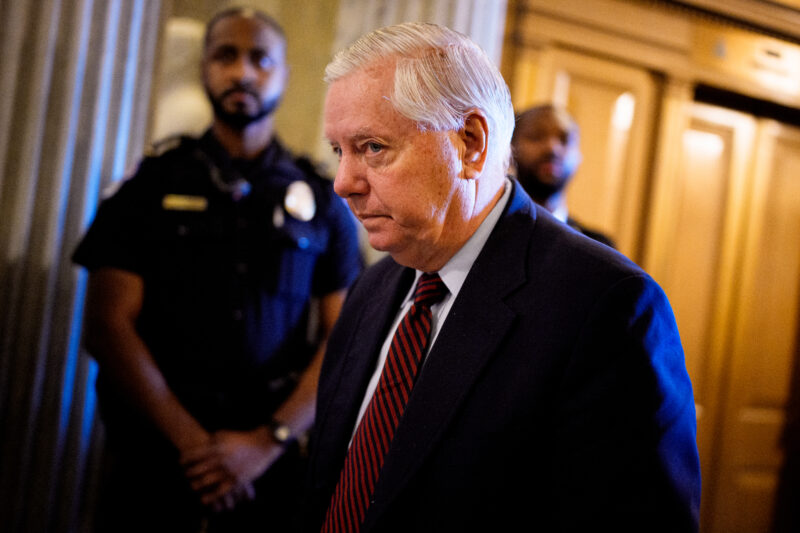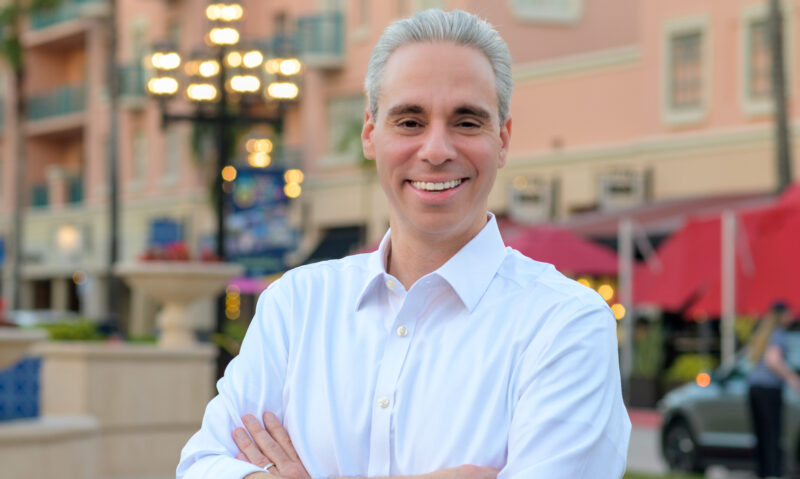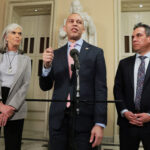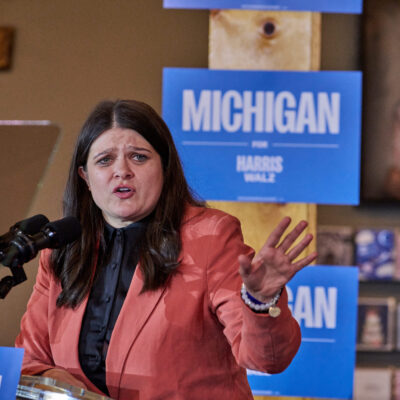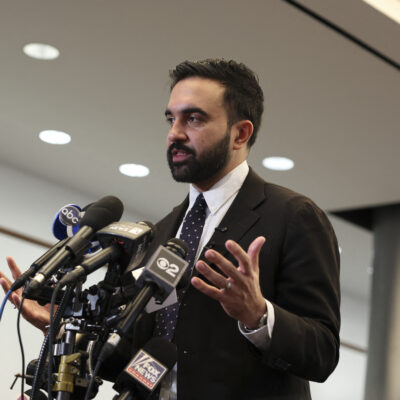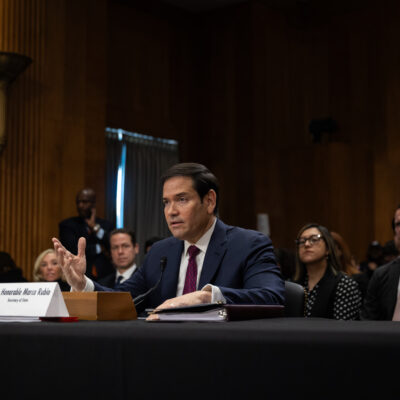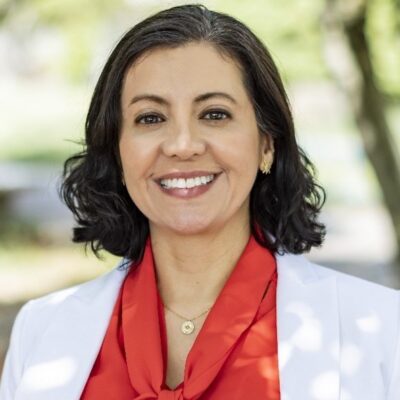Columbia reaches $200 million settlement with Trump administration
The university ‘does not admit to wrongdoing’ despite reaching the agreement, Acting President Claire Shipman said

JEENAH MOON/POOL/AFP via Getty Images
Columbia University acting President Claire Shipman speaks during the Commencement Ceremony at Columbia University in New York on May 21, 2025.
Columbia University announced on Wednesday that it reached a deal with the Trump administration to restore some $400 million in federal funding that was cut by the government in March due to the university’s record dealing with antisemitism since the Oct. 7, 2023, Hamas terror attacks in Israel.
Under the terms of the deal, Columbia agreed to pay a $200 million settlement over three years to the federal government. In addition, the university has agreed to settle investigations brought by the U.S. Equal Employment Opportunity Commission for $21 million. A number of open civil rights investigations into the university alleging harassment of Jewish students will also be settled under the terms of the agreement, according to which the university will also abide by laws banning the consideration of race in admissions and hiring.
Columbia said it will continue to have “autonomy and authority over faculty hiring, admissions, and academic decision-making.”
“While Columbia does not admit to wrongdoing with this resolution agreement, the institution’s leaders have recognized, repeatedly, that Jewish students and faculty have experienced painful, unacceptable incidents, and that reform was and is needed,” the university said in a statement.
“This agreement marks an important step forward after a period of sustained federal scrutiny and institutional uncertainty,” Claire Shipman, Columbia’s acting president, said in a statement. “The settlement was carefully crafted to protect the values that define us and allow our essential research partnership with the federal government to get back on track. Importantly, it safeguards our independence, a critical condition for academic excellence and scholarly exploration, work that is vital to the public interest.”
Brian Cohen, executive director of The Kraft Center for Jewish Student Life, Columbia’s Hillel, called the settlement “an important recognition of what Jewish students and their families have expressed with increasing urgency: antisemitism at Columbia is real, and it has had a tangible impact on Jewish students’ sense of safety and belonging and, in turn, their civil rights.”
“Acknowledging this fact is essential, and along with the new path laid out by the president and trustees, I am hopeful that today’s agreement marks the beginning of real, sustained change,” Cohen said in a statement. “This is not the end of the process, however it is a major step forward.”
The agreement comes days after Shipman publicized a list of commitments aimed at addressing antisemitism on campus. These included further incorporating the International Holocaust Remembrance Alliance’s working definition of antisemitism by requiring its Office of Institutional Equity to embrace the definition; appointing a Title VI coordinator to review alleged violations of the Civil Rights Act; requiring antisemitism training for all students, faculty and staff; and refusing to recognize or meet with Columbia University Apartheid Divest, a coalition of over 80 university student groups that Instagram banned earlier this year for promoting violence. The school announced on Friday that disciplinary action and rules surrounding student protests would be moved out of the purview of the faculty-run University Senate and into the provost’s office, a move called for by pro-Israel students.
The terms of the settlement — which resulted from months of negotiations — diverge from a list of reforms that was demanded in the Trump administration’s letter to Columbia in March, which was initially agreed upon by the university but never finalized. The list included putting the Middle Eastern, South Asian and African studies department and the Center for Palestine Studies under the purview of a senior vice provost, who would be appointed by the university to supervise course material and non-tenure faculty hiring; as well as the formation of a presidential search committee to replace Shipman.
Please log in if you already have a subscription, or subscribe to access the latest updates.




